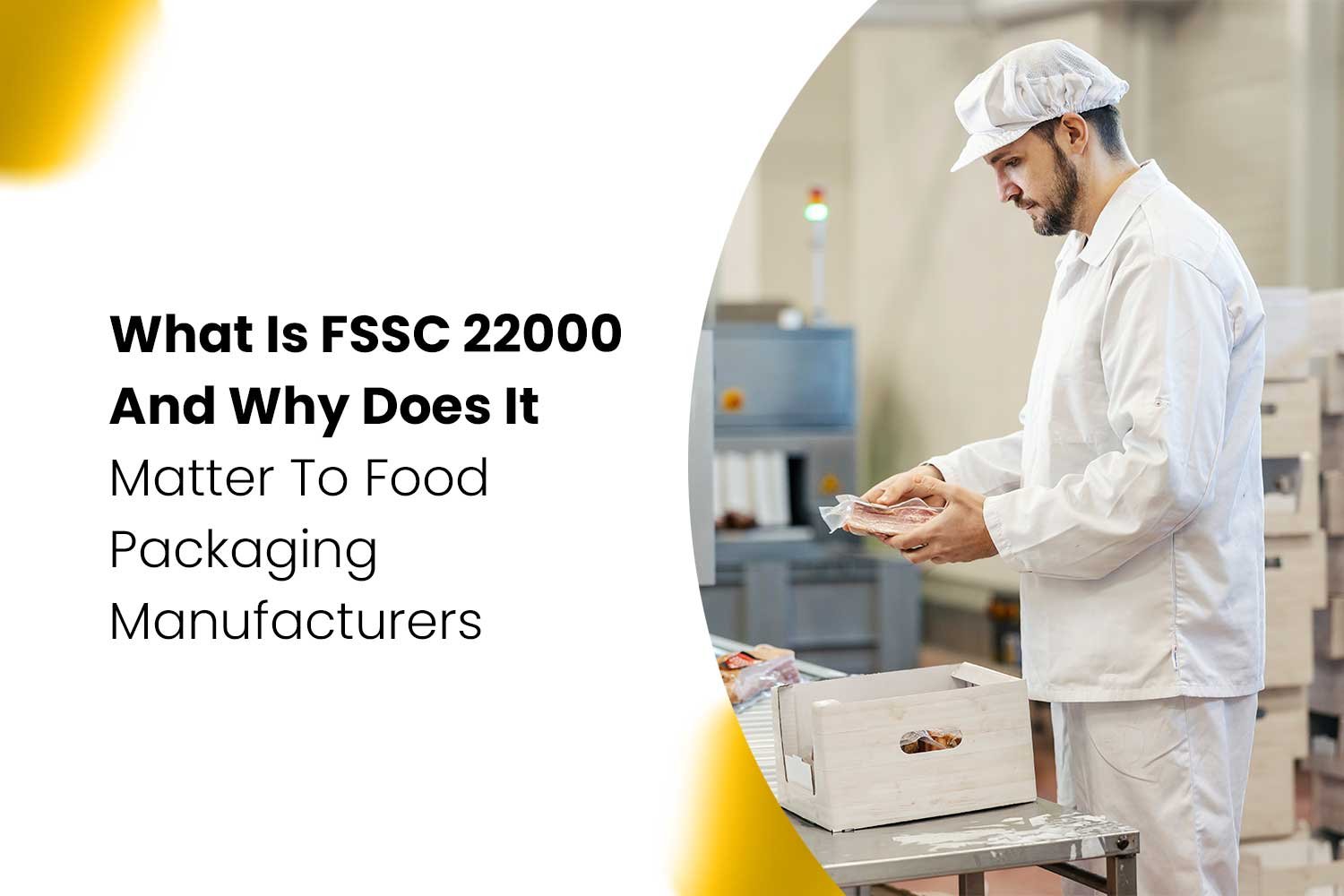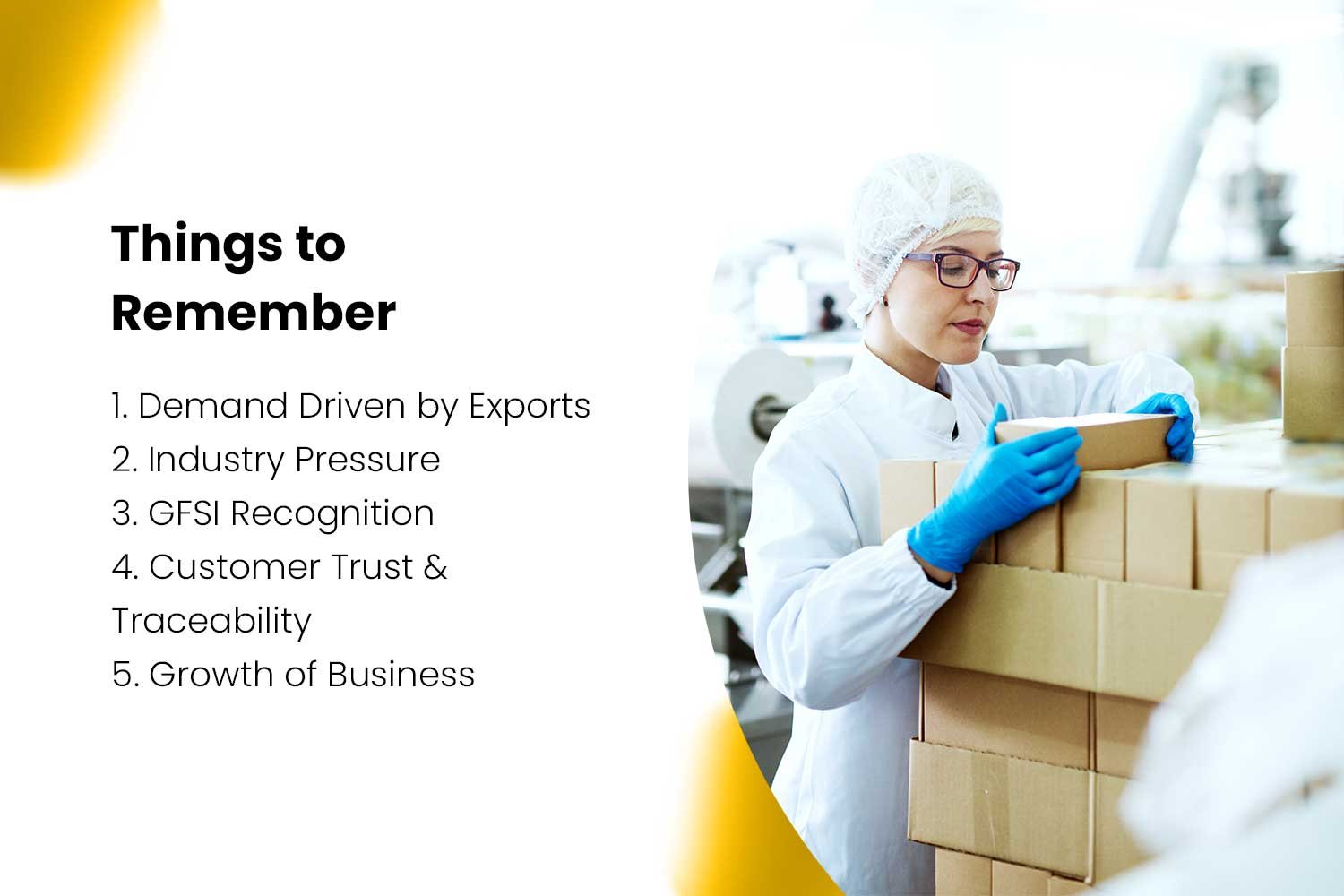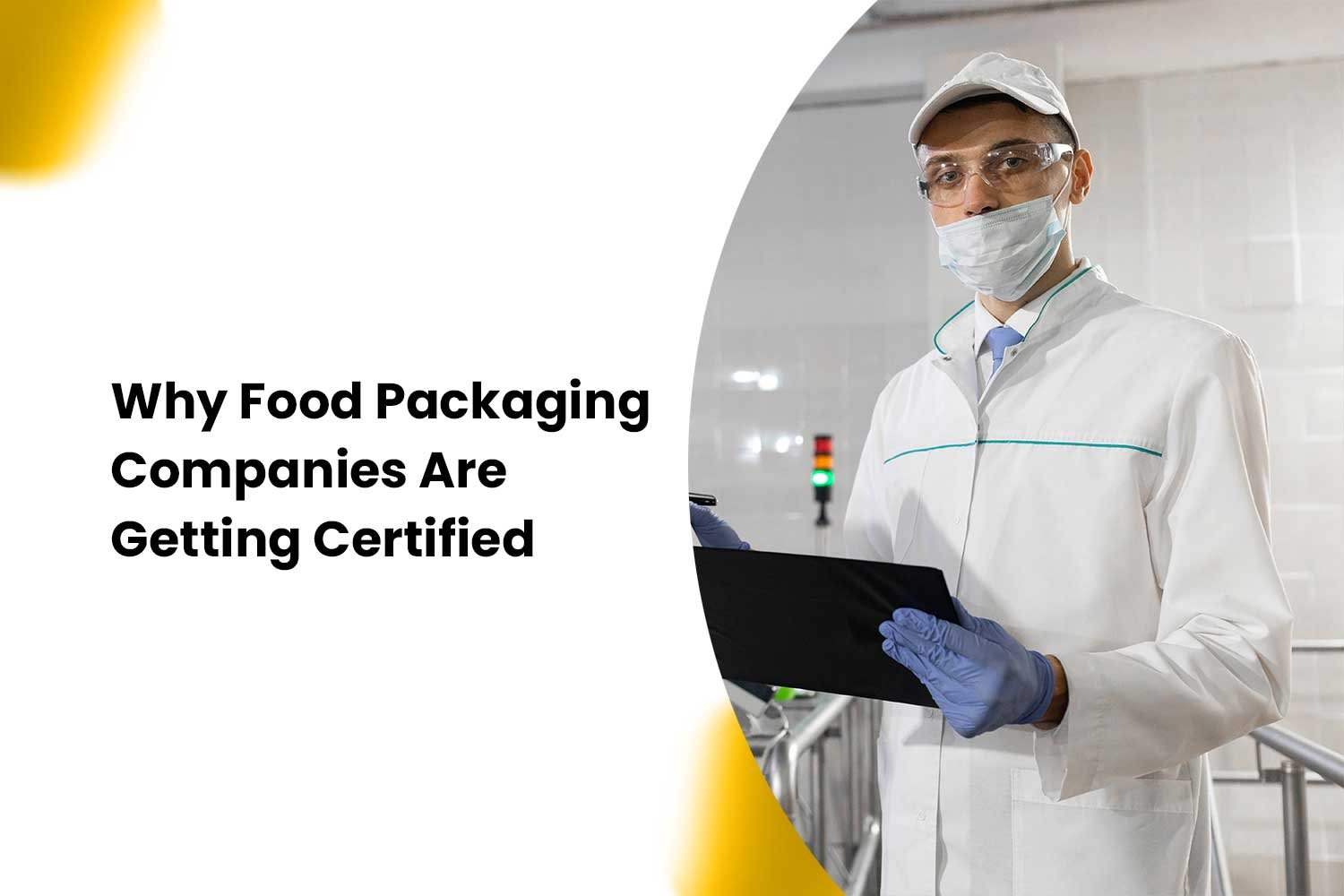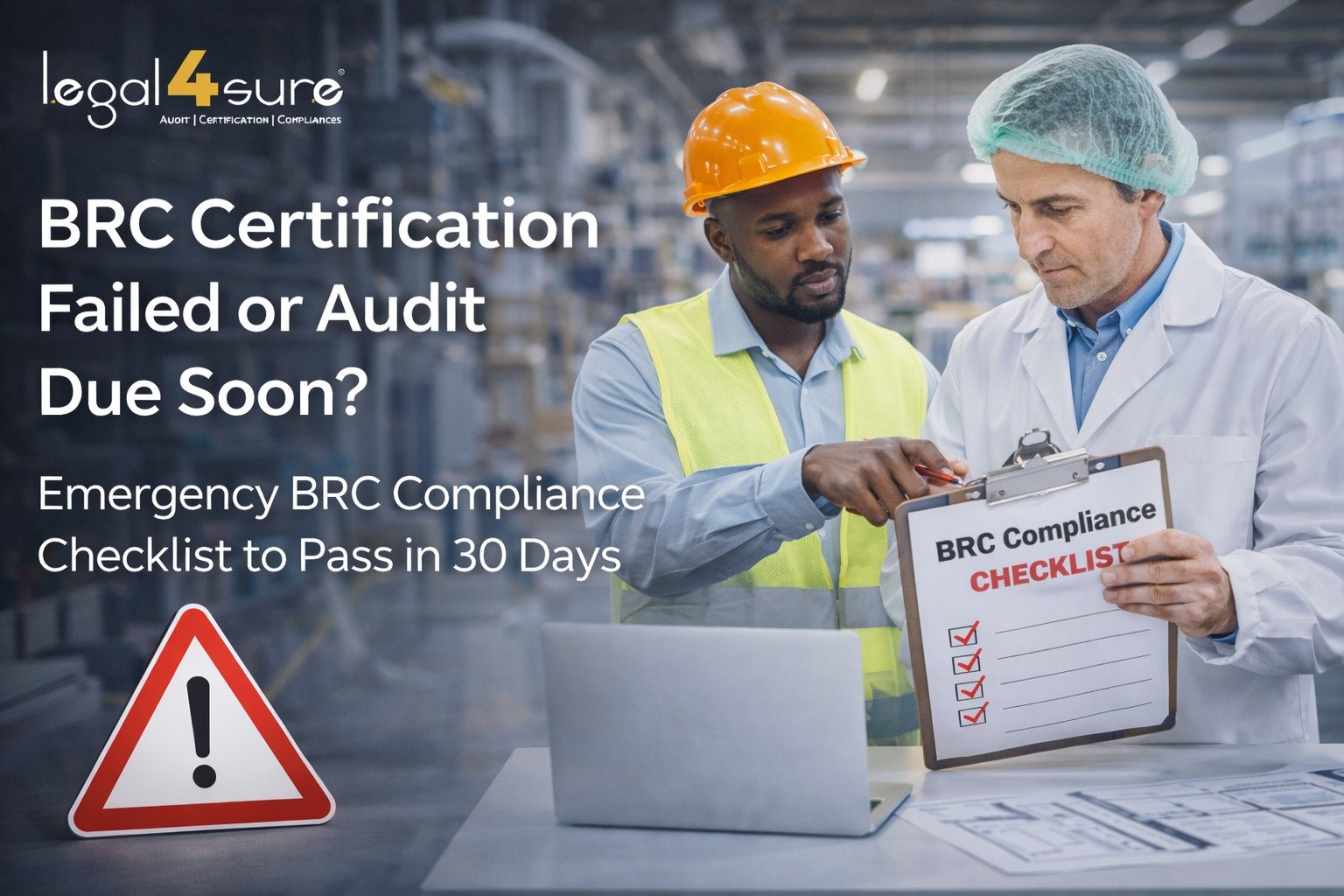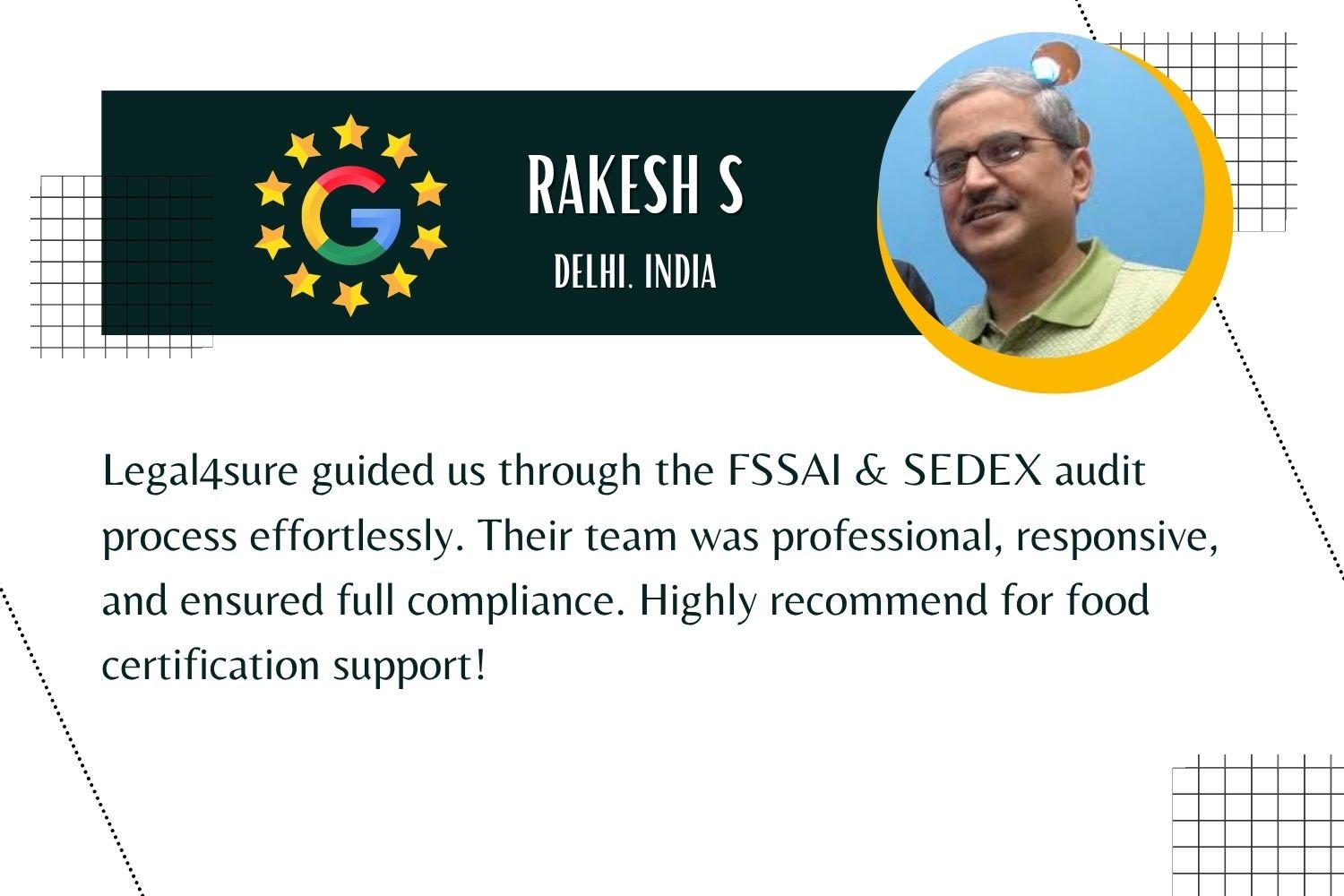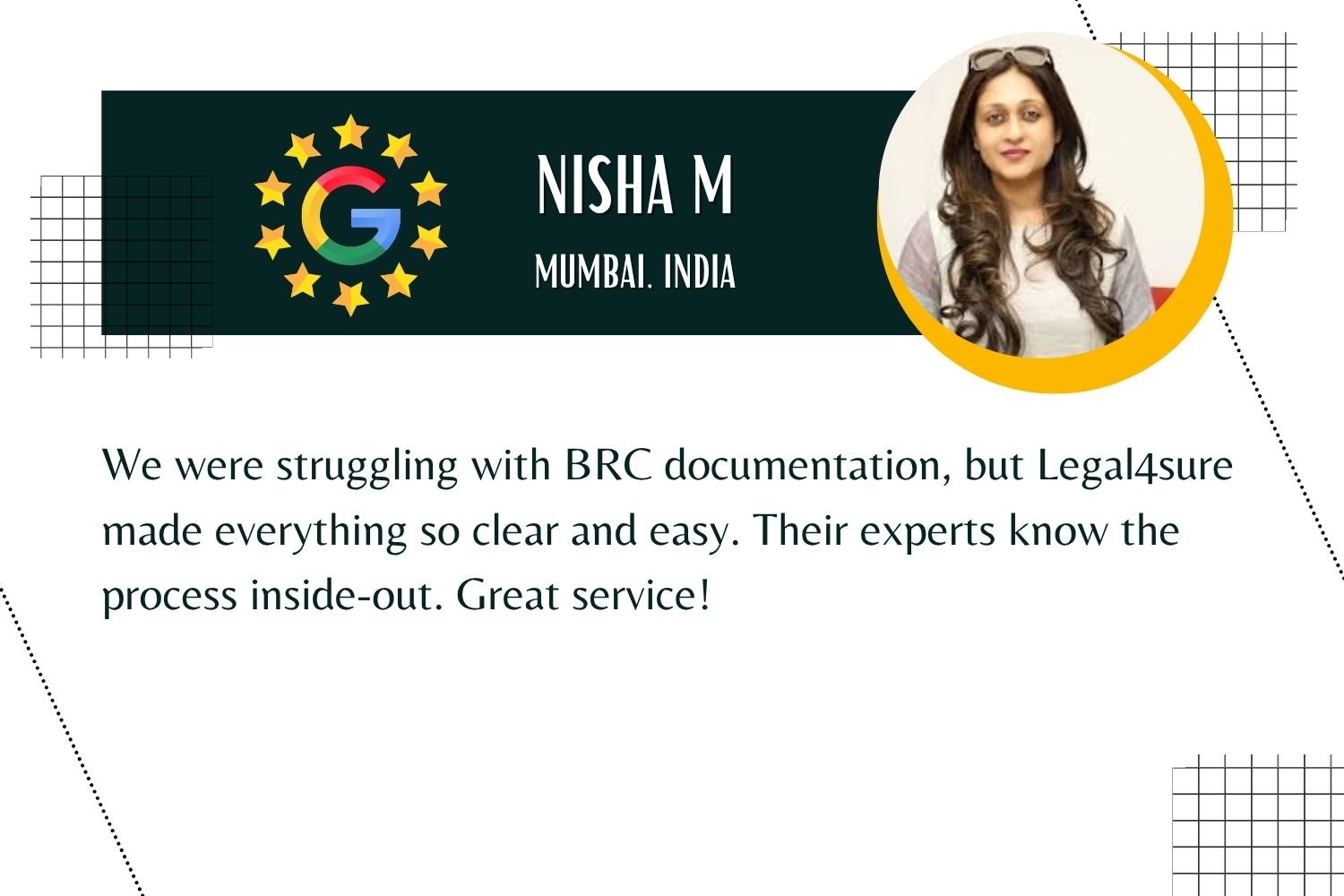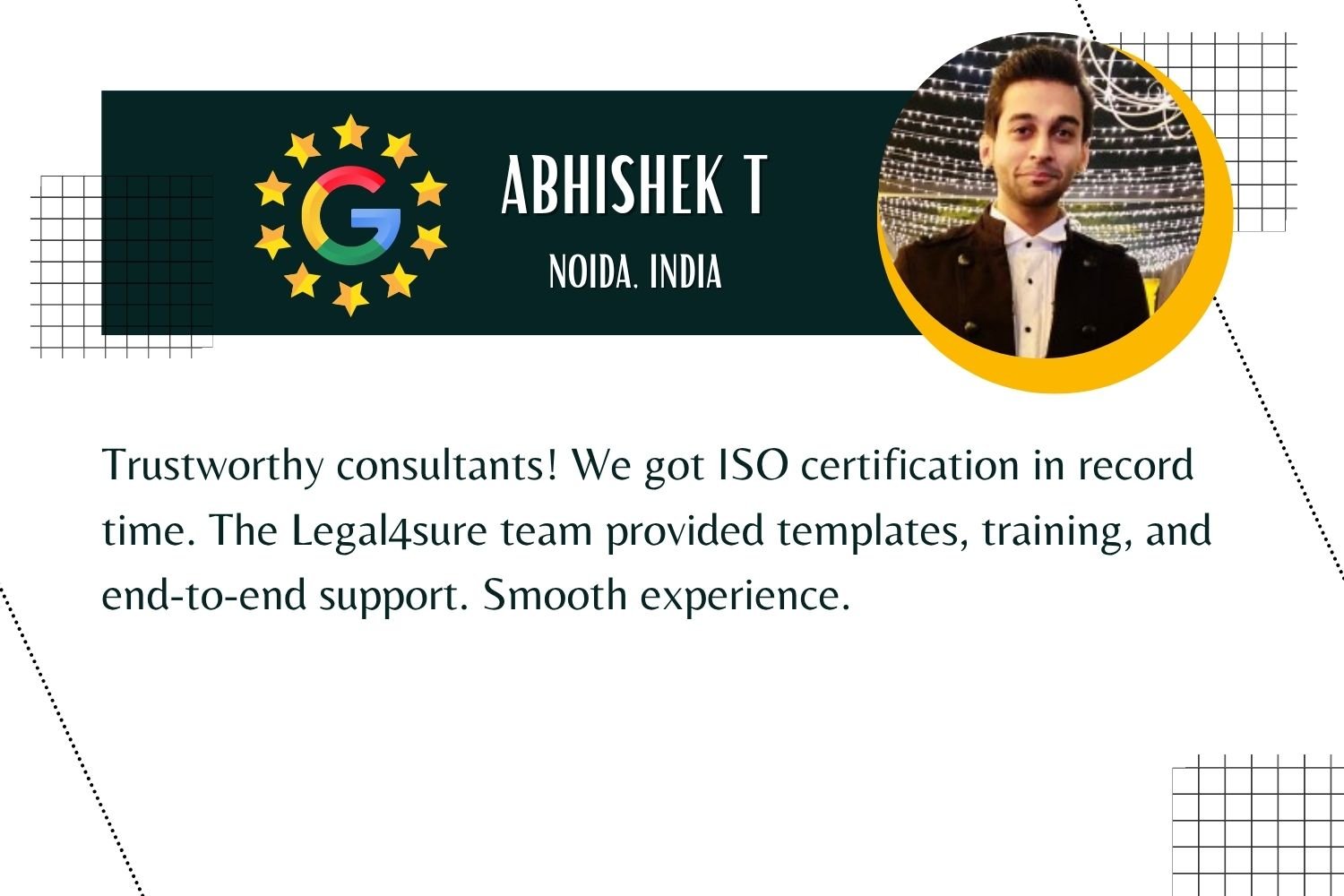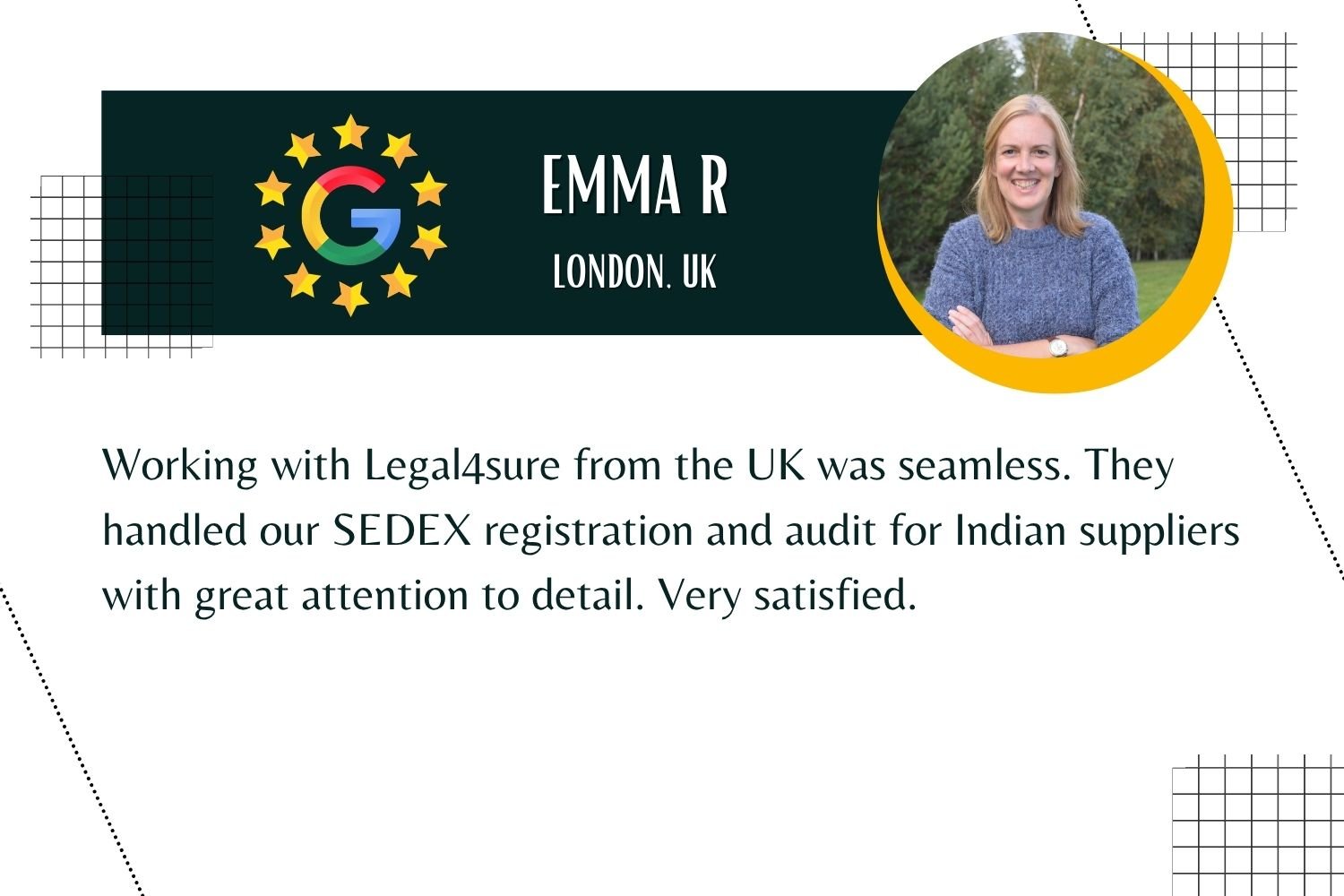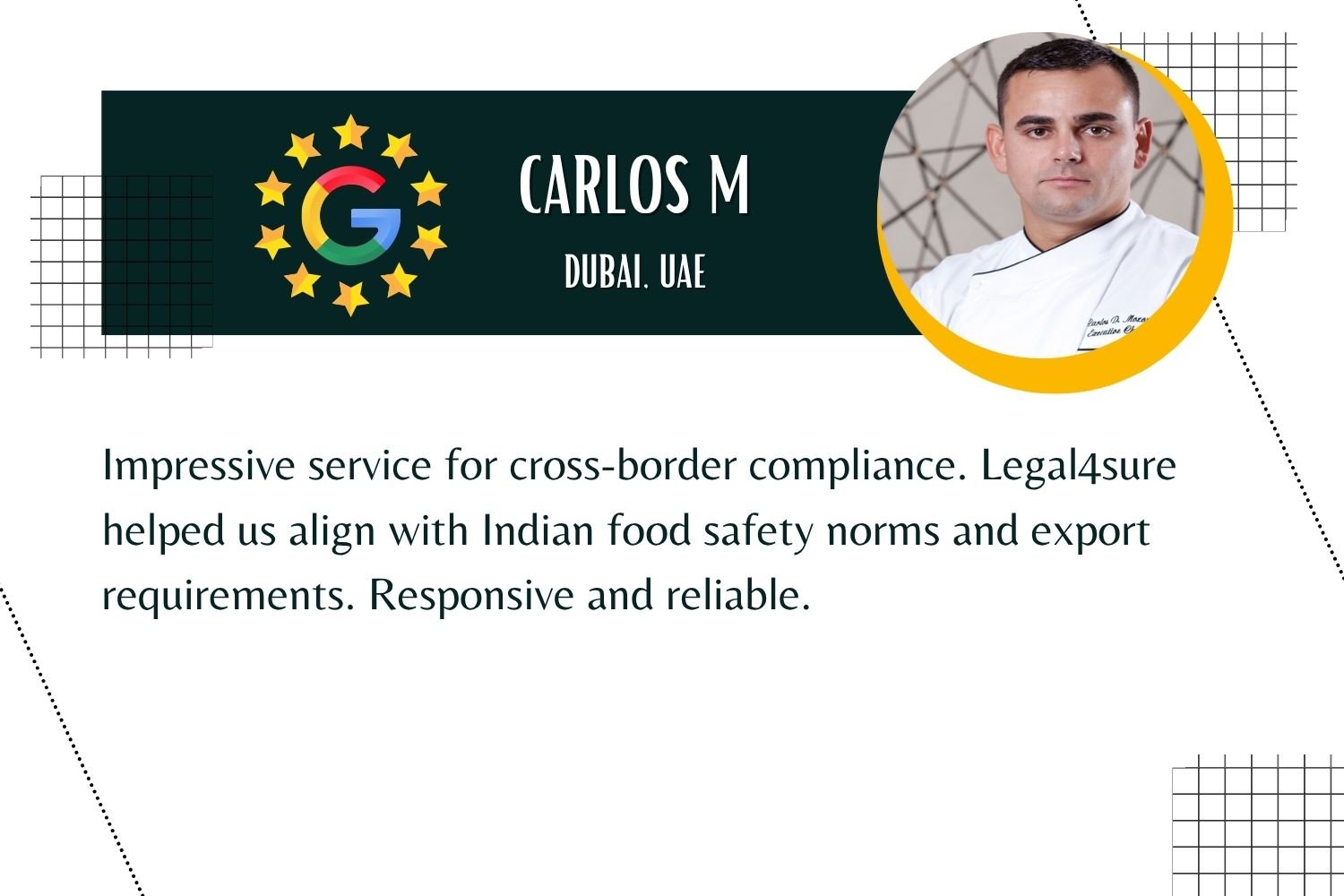Food safety will remain a significant driver in global trade through 2026. For businesses operating in the packaging sector, achieving Food packaging compliance 2026 is no longer just a quality benchmark; it’s a competitive necessity. Among the most recognised certification standards, FSSC 22000 for the packaging industry has emerged as a trusted and widely adopted framework. With global food exports projected to hit $2.1 trillion by 2026, both regulators and consumers are demanding safer, traceable, and hygienic packaging materials. This leads to an important question: Is FSSC 22000 required in 2026? Here’s a quick breakdown.
What Is FSSC 22000 And Why Does It Matter To Food Packaging Manufacturers
Recognised by the Global Food Safety Initiative (GFSI), the packaging requirements in FSSC 22000 Version 6 are a globally accepted standard for food packaging that aligns with ISO 22000 specifications. The FSSC 22000 version 6 packaging requirements standard governs companies producing plastic wraps, aluminium foil, PET bottles, cartons, cans, and related items that directly contact food. Data from the FSSC database as of June 2024 showed:
-
- Certified sites number over 38,000 worldwide.
- About 15% of them work in the packaging industry.
Year over year, the number of certified packaging sites has increased by 18% as a result of rising worldwide demand for secure food packaging.
Is FSSC 22000 Mandatory in 2026?
Most countries, including India, do not legally need Food packaging certification FSSC 22000 by 2026. But for companies in the food packaging sector, especially those exporting or collaborating with global food brands, it has become almost indispensable. This standard is crucial for guaranteeing food safety and conformity with world supply chain expectations as part of Food Packaging Compliance 2026.
FSSC 22000, acknowledged by the Global Food Safety Initiative (GFSI), is built on ISO standards and provides a dependable framework for ensuring packaging safety. Though there is no single law governing it, growing market demands and global trade expectations are driving the drive for Food Packaging Compliance 2026.
Increasingly, major food companies, merchants, and even governmental purchasing agencies need accredited packaging vendors to help lower the risks of food contamination and expensive product recalls. FSSC 22000, therefore, operates like an unofficial industry norm that businesses are supposed to adhere to if they want to be competitive and compliant in the global market.
Things to Remember
- Demand Driven by Exports: The majority of nations and businesses that import food-grade packaging want or need this certification.
- Industry Pressure: Businesses like Unilever, PepsiCo, and Nestlé favour collaborating with packaging partners that are FSSC-certified.
- GFSI Recognition: Because FSSC 22000 is GFSI-approved, it is widely accepted in global markets.
- Customer Trust & Traceability: Improves brand credibility, guarantees hygiene, and provides transparency across the supply chain.
- Growth of Business: Certified producers have easier access to premium and international markets
Key Areas of FSSC 22000 for Food Packaging Compliance 2026
The following topics are covered by the FSSC 22000 packaging standard:
- The food safety management criteria of ISO 22000
- Packaging-specific PRPs (Prerequisite Programs) (ISO/TS 22002-4)
- Hazard management based on HACCP principles
- Product Safety and Allergen Management
- Traceability and regulatory adherence systems
It increases accountability for food safety, lowers the risk of contamination, and makes sure that your packaging procedure complies with sanitary guidelines.
Why Food Packaging Companies Are Getting Certified
FSSC 22000 certification is being driven by both regulatory pressures and evolving industry demands.
- According to UN Comtrade data, India’s exports of food-grade packaging materials exceeded $3.4 billion in 2023.
- Businesses like Huhtamaki, UFlex, and Amcor are currently FSSC 22000 accredited, providing secure materials to international companies.
- Additionally, consumer trust is at risk; according to Mintel (2023), 74% of consumers worldwide believe that packaging has an impact on how safe food is perceived.
Cost of FSSC 22000 food packaging certification
FSSC 22000 certification costs may vary depending on the nature of the industry, the organisation’s scale, and the certification body selected. That said, here is an FSSC 22000 certification cost India estimation:
| Type of company | Estimated Certification Cost (INR) | Notes |
| Small Unit (1 plant) | ₹2.5–3.5 lakhs | Initial year including audit + documentation |
| Mid-size Manufacturer | 4-6 lakhs | May include training, gap audit |
| Large Plant (multi-line) | ₹7–10 lakhs | Multi-day audit, complex systems |
A typical annual surveillance audit costs between 25% and 40% of the original certification fee, and international organisations such as TÜV and SGS may charge higher rates. However, in the context of Food Packaging Compliance 2026, many companies report significant benefits after obtaining certification. These include fewer product recalls, reduced risk exposure, and higher consumer trust, proving that while the process may seem like an investment upfront, it delivers long-term value and global credibility.
Step-by-Step Guide For FSSC 22000 Packaging Standard
To obtain FSSC 22000 certification in 2026:
- Perform a Gap Analysis to determine areas where there are discrepancies.
- Educate staff members on system procedures and hygiene.
- Set up an FSMS – Develop and continuously oversee your Food Safety Management System.
- Pre-Audit and Internal Audit – Address important problems before the final audit.
- Certification Body Final Audit – Compliance is evaluated by accredited auditors.
- Authorisation Awarded – Good for three years with yearly supervision.
In India, some of the best certification organisations are DNV, TÜV SÜD, Intertek, and SGS.
Why You Should Act Now
No matter if you work in the dairy, bakery, frozen, or beverage industry, FSSC 22000 for food packaging gives your company a quality seal that is recognised around the world. The demand for certified packaging is only predicted to increase as more than 120 nations accept the FSSC plan and food import inspections are ramped up worldwide.
Is FSSC 22000 required in 2026, then? Practically, yes, but not legally. The certification lasts for three years, with yearly reviews to maintain it.
Unlock Global Success With Legal4sure Today
Your food packaging business should be noticed, trusted, and chosen by customers all around the world. FSSC 22000 certification is your gateway to meeting international safety standards and standing out in a competitive market. Struggling with compliance? You don’t have to do it alone. Legal4sure offers expert guidance, tailored training, and full support to make certification seamless.
Ready to Lead the Market? Connect with Us Today!
Contact No: +91-9310655040, +91 9971894121


